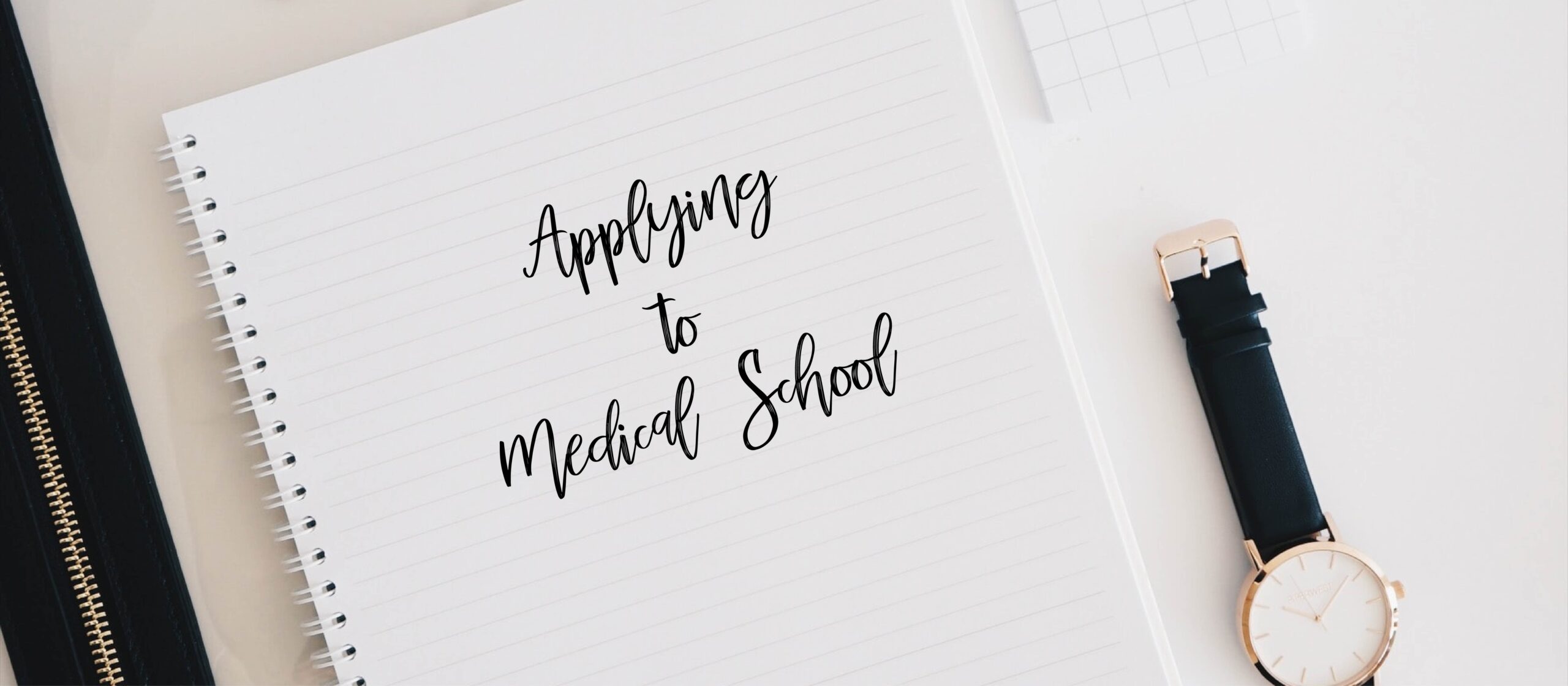Welcome to a New Medical School Application Cycle
By Aneka Khilnani
Second Year Medical Student at The George Washington University and 2019 Alumni of the regular MS in Physiology at Georgetown University
Congratulations! Your application was selected amongst many for an interview. Even with virtual interviews, the interview process continues to be a very important component for medical schools. In fact, the interview can sometimes be the very reason why a qualified applicant (on paper) may not land an acceptance letter. Securing an interview is hard to get in and of itself. Medical schools consider GPA, MCAT, letters of recommendations, personal statements, extracurricular activities, etc. to determine whether an applicant should be invited to interview. If you do get selected for an interview at a medical school, you are more than halfway there to getting accepted.
The interview is possibly the most stressful part of the application process. As someone who went to nearly two dozen medical school interviews across the country while earning my Masters in Physiology at Georgetown University, and currently interviews applications at The George Washington University MD Program, I wanted to share my top five tips for a successful interview, with special focus on the new virtual interview format.
Tip #1 Getting to know the school
This year it is essentially important to consider questions you want to ask your interviewer beforehand about their experiences in medical school. Without the full on-campus interview day experience, you may have fewer opportunities to learn about what the school has to offer and the surrounding area. Remember, wherever you go for medical school will be home for four years so you want to ensure both the medical school and the city are an ideal fit. You can write down questions beforehand and keep them close by.
Tip #2 Considering COVID-19 and Ethics
The medical school interview frequently involves an ethical question, and possibly more so this year with the numerous ethical dilemmas surrounding COVID-19. You may be presented with a conundrum that you know very little about, and that is okay, continue to stay calm. Your interviewer is not expecting you to be an expert on any subject matter. Medical schools include ethical questions because they are interested in the critical thinking process you employ to arrive at a decision or state your position. One of the main reasons ethical situations are deemed as an ethical situation is because there are almost an equal number of pros and cons to either position, and one side does not necessarily outweigh the other. Regardless of your stance on the issue, showcasing to your interviewer that you are considering both sides of the issue and acknowledging the various stakeholders involved in this ethical dilemma can paint you as an astute critical thinker (one of the AAMC’s Core Competencies).
Tip #3: Setting the Stage
While you may be conducting the interview from your bedroom, it is essential to create an environment that demonstrates professionalism. To start, it is all about perspective and when you are on camera it is helpful to bring the device closest to your eye level (you can use books or a shoebox to play around with leveling). Secondly, lighting is key. Ideally, you will want to have a window facing you to create soft lighting. If you happen to find yourself up against a wall, a nice trick is to bounce your desk lamp against the wall which will provide nice, soft lighting. Lastly, remember to have a blank wall behind you, as objects behind you can be distracting to your interviewer.
Tip #4 Your Look
Even from your bedroom, it is essential to be dressed to impress from head to toe as you would be if you came for an on-campus interview. There is always a possibility that you will have to get up from your seat. It is also well known that eye contact during an interview is essential. Intriguingly, when on camera this entails looking directly at the green dot on your camera, not your interviewers’ actual eyes. Practice in photobooth beforehand by recording videos of yourself to evaluate your eye contact, use of filler words, annunciation, lighting, and background.
Tip #5 Technology
While technological issues may arise during an interview, here are some tips that can help mitigate potential problems. First, connect to a router if possible as this tends to provide a more stable internet connection. Secondly, use headphones as the audio is more clear. Third, download the application for Zoom or WebEx (or whichever platform you will be using) opposed to opening it directly on your browser as the audio and visual connection are stronger.
Bonus tip: Do not forget thank you cards (e-mail may be more acceptable this year)
I hope these tips help you prepare for your upcoming interview. Remember being invited by a medical school to interview is a huge accomplishment—it means the school is interested in getting to know you and learn more about your qualifications. Make an active effort to be calm on your interview day. Having been in your shoes, it is entirely normal to be very nervous. However, take a few deep breaths, and remember that you are going to participate in a conversation. Whether you have one-on-one interviews, panel interviews, or MMIs, the interviewers are most interested in learning about who you are and how you think. Your ability to process and authentically respond to questions will improve dramatically if you don’t allow anxiety or fear to overpower you. Listen to the question, think about it, take a breath, and respond as best you can. Best of luck!
- Tagged
- Medical/Graduate School

